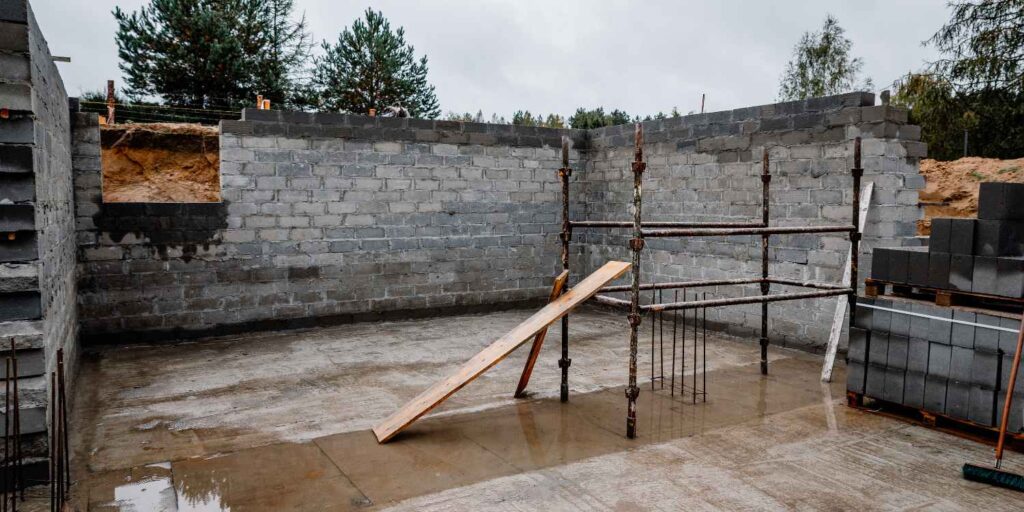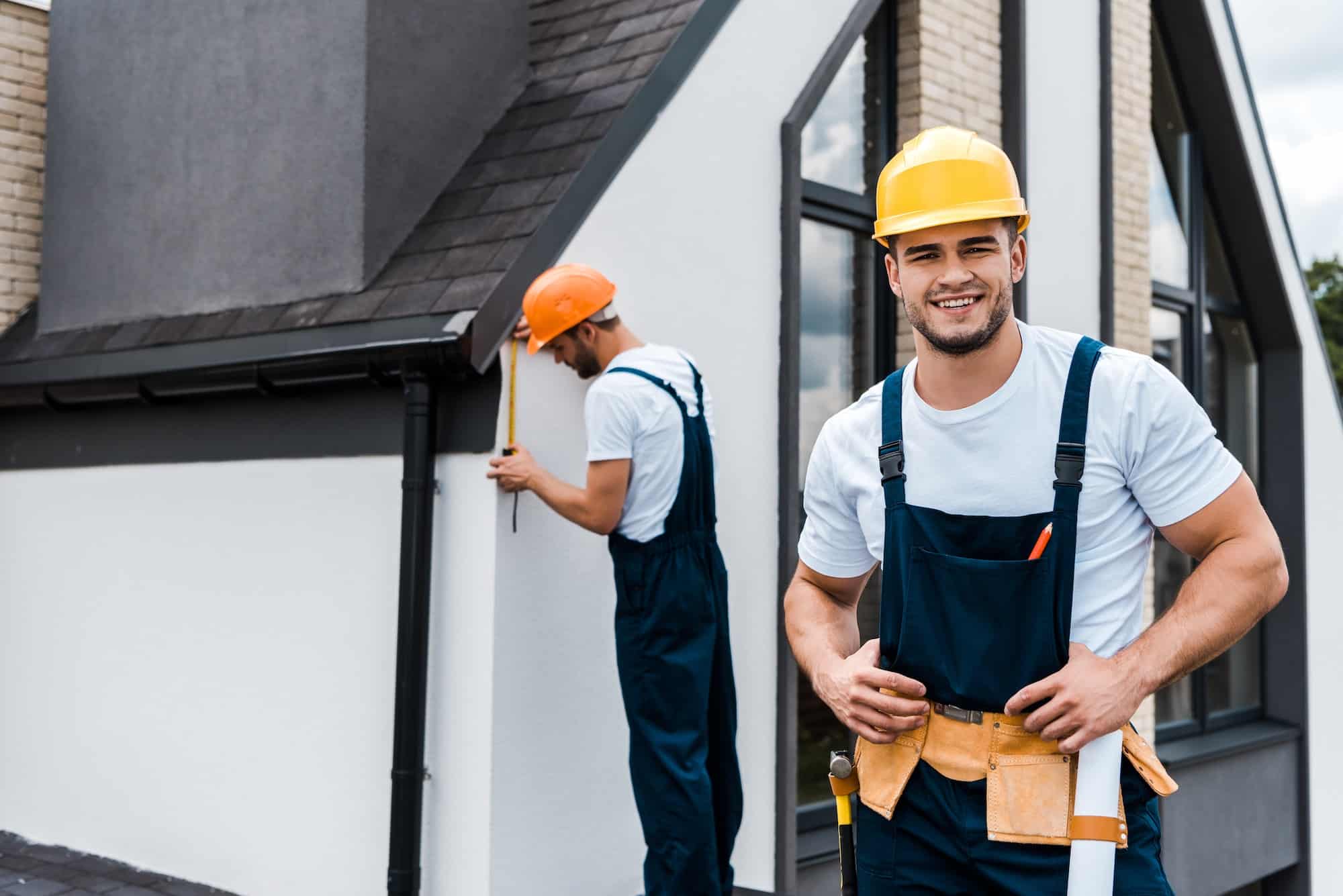Basement Waterproofing Techniques are essential for preserving the foundation of your home, providing invaluable space for storage, recreation, or additional living areas. However, it’s also susceptible to moisture intrusion, which can lead to a host of problems such as mold growth, structural damage, and decreased indoor air quality. Effective basement waterproofing techniques are essential for safeguarding your home and ensuring a dry, healthy living environment. In this comprehensive guide, we’ll explore various waterproofing techniques, their benefits, and why investing in proper waterproofing is crucial for homeowners.
Understanding Basement Moisture
Before delving into waterproofing techniques, it’s important to understand the sources of basement moisture:
- Surface Water: Rainwater, melting snow, and groundwater can seep into the basement through cracks in the foundation, poorly sealed windows or doors, or inadequate drainage systems.
- Condensation: High humidity levels in the basement can lead to condensation on walls, floors, and surfaces, contributing to moisture buildup.
- Hydrostatic Pressure: Excess water in the soil surrounding the foundation can exert hydrostatic pressure, forcing water through cracks and gaps in the foundation walls and floor.
Common Waterproofing Techniques

- Exterior Waterproofing: This method involves excavating around the perimeter of the foundation to apply a waterproof coating or membrane to the exterior walls. Additionally, a drainage system, such as French drains or exterior weeping tile, is installed to divert water away from the foundation.
- Interior Waterproofing: Interior waterproofing techniques focus on managing water that has already penetrated the basement. This may include installing a perimeter drainage system, such as a sump pump and interior weeping tile, to collect and redirect water to a designated drainage area.
- Crack Injection: Cracks in the basement walls or floor can be sealed using specialized epoxy or polyurethane injections, preventing water from seeping through the foundation.
- Sealants and Waterproof Coatings: Applying waterproof sealants or coatings to basement walls and floors can provide an additional layer of protection against moisture intrusion. These products create a barrier that prevents water from penetrating the surface.
- Exterior Grading: Ensuring proper grading around the perimeter of the home directs surface water away from the foundation, reducing the risk of water infiltration into the basement.
Benefits of Waterproofing Techniques
Investing in basement waterproofing techniques offers numerous benefits for homeowners:
- Prevents Structural Damage: By keeping the basement dry, waterproofing protects the structural integrity of the foundation and prevents issues such as cracks, deterioration, and shifting.
- Prevents Mold and Mildew Growth: Moisture-laden environments provide ideal conditions for mold and mildew growth, which can pose health risks to occupants. Waterproofing helps maintain a dry, healthy indoor environment.
- Preserves Property Value: A dry, functional basement adds value to your home and enhances its appeal to potential buyers. Waterproofing can be a worthwhile investment for maintaining or increasing property value.
- Enhances Living Space: A waterproofed basement can be transformed into a usable living space, providing additional square footage for recreation, storage, or living areas.
- Reduces Energy Costs: Waterproofing can help improve energy efficiency by preventing moisture-related issues that can compromise the effectiveness of insulation and HVAC systems.
Importance of Professional Waterproofing Services
While some DIY waterproofing products are available, hiring a professional waterproofing contractor is often the best course of action. Professional contractors have the expertise, experience, and specialized equipment necessary to assess your basement’s unique needs and recommend the most effective waterproofing solutions. Additionally, professional waterproofing services typically come with warranties, providing added peace of mind for homeowners.
Conclusion
Basement waterproofing techniques are essential for protecting your home from moisture damage and maintaining a safe, healthy living environment. By implementing effective waterproofing methods, homeowners can prevent structural issues, mold growth, and other moisture-related problems. Whether you’re building a new home or renovating an existing one, investing in basement waterproofing is a critical step in ensuring the long-term durability and value of your property. Don’t wait until moisture issues arise; take proactive measures to waterproof your basement and protect your home for years to come.





